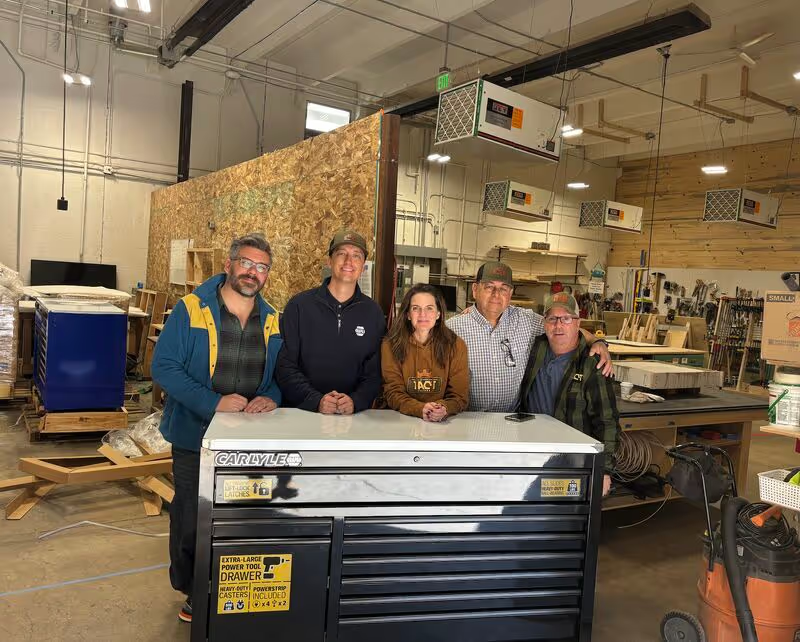Register for FY25
Full-Year Financial and Programmatic Results
Expanding Access To High-Quality Education
Research shows education is the most powerful driver of economic mobility. Across our early childhood, post-secondary education, and workforce development programs, we combine innovative curriculum, stackable credentials, and hands-on training to ensure learners are prepared with the skills to succeed. Through expanding access to education, we help individuals, families, and communities break through barriers and achieve lasting economic well-being.
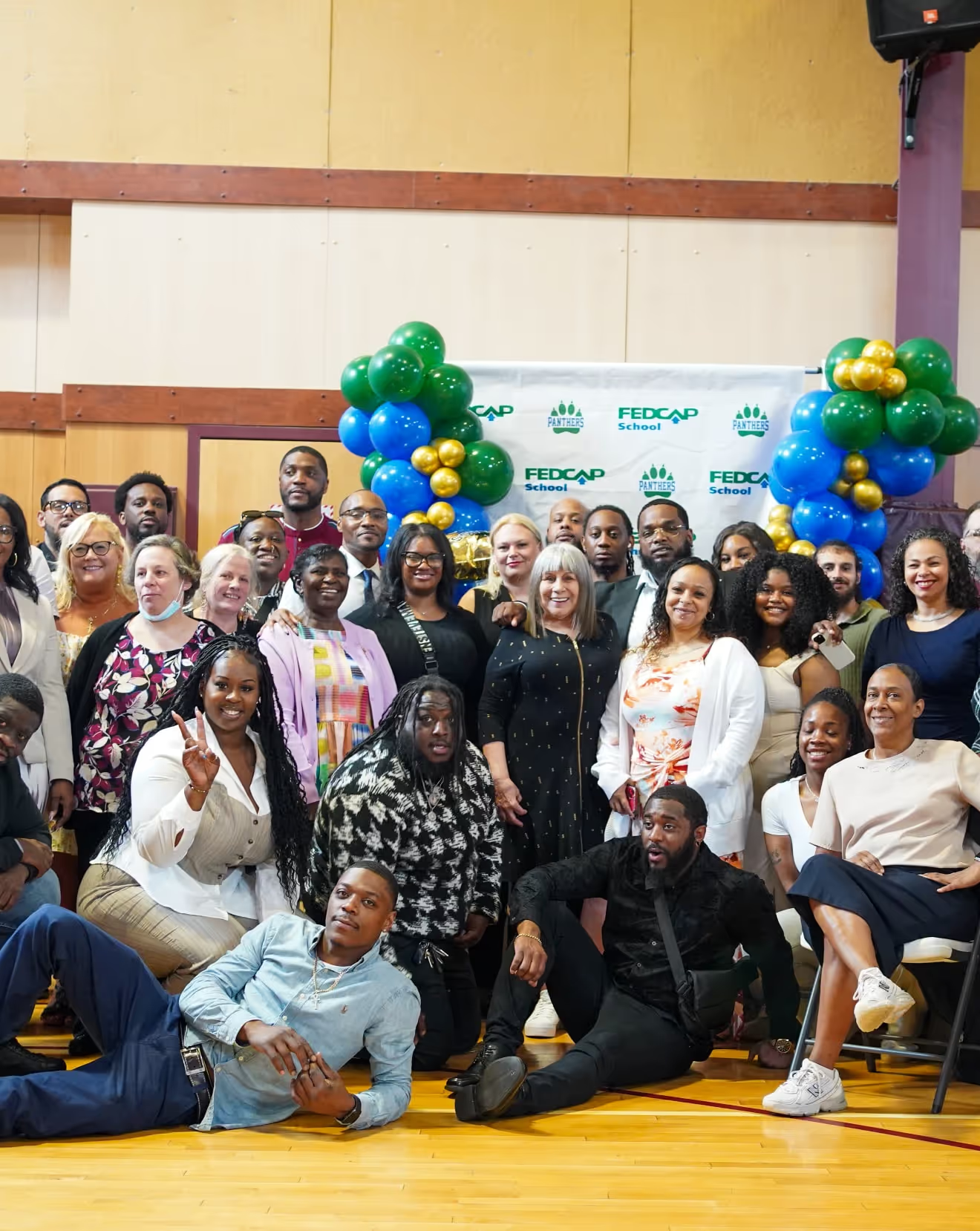
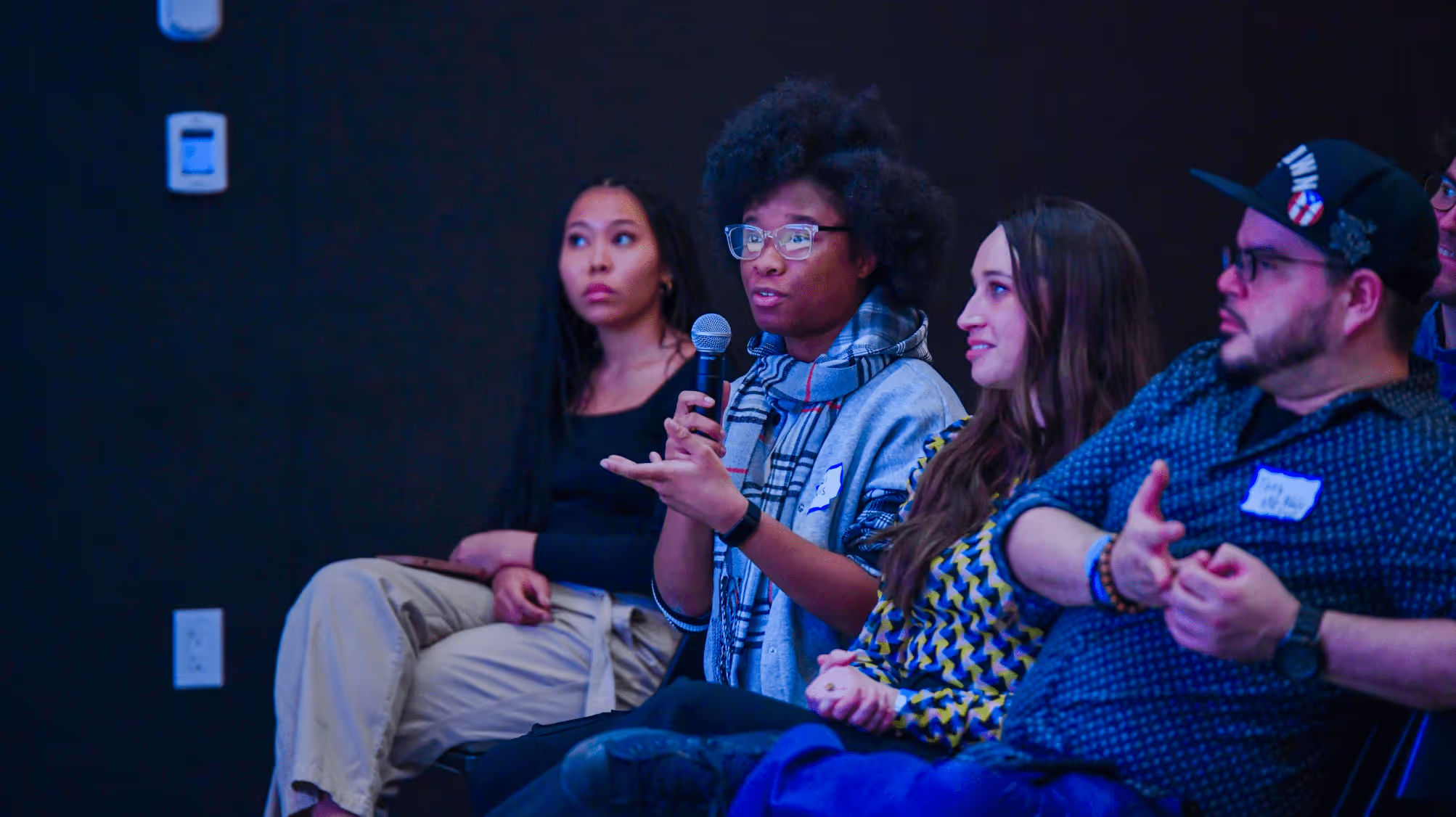
-min.avif)
A comprehensive system of high-quality education programs that empower life-long learners
We create innovative educational models tailored to the needs of individuals pursuing careers in high-demand sectors. Our programs include skilled trades development, Digital Skills at Civic Hall, and Green Skills through The Verdancy Group and Apex Clean Energy Training Center.
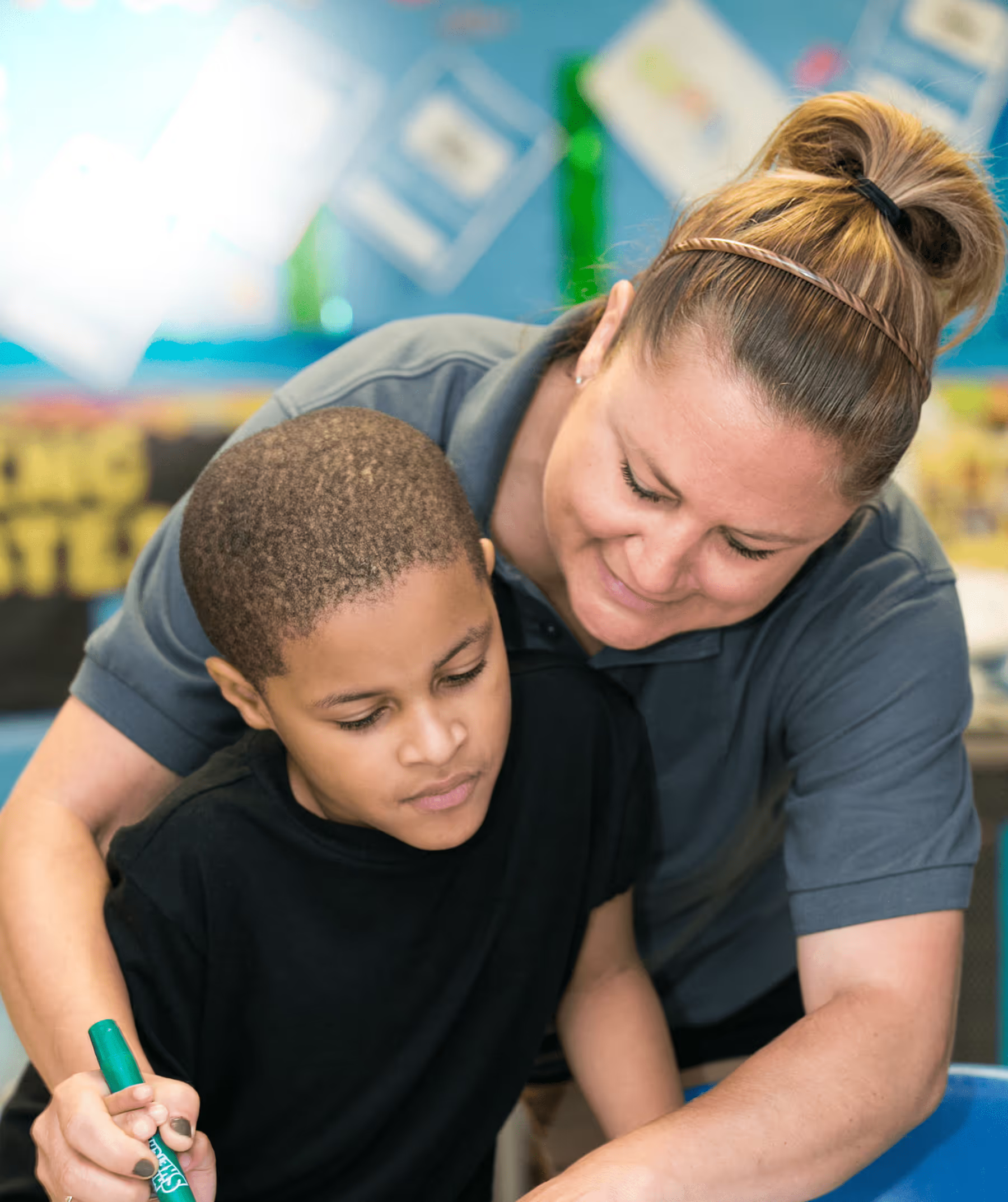
Early Childhood Education
Across our partnerships with Easterseals Lonestar, Mississippi, New York, and Rhode Island, we offer early childhood education programming, ensuring each child receives the specialized support and developmental services needed to succeed.
Primary and Secondary Programs
Through Big Picture Learning U.K., The Fedcap School, Greenleaf Neurodiversity Community School, The Kessler Center, and TACT, we offer primary and secondary programs that support students in navigating educational transitions, and begin preparation for the workforce.
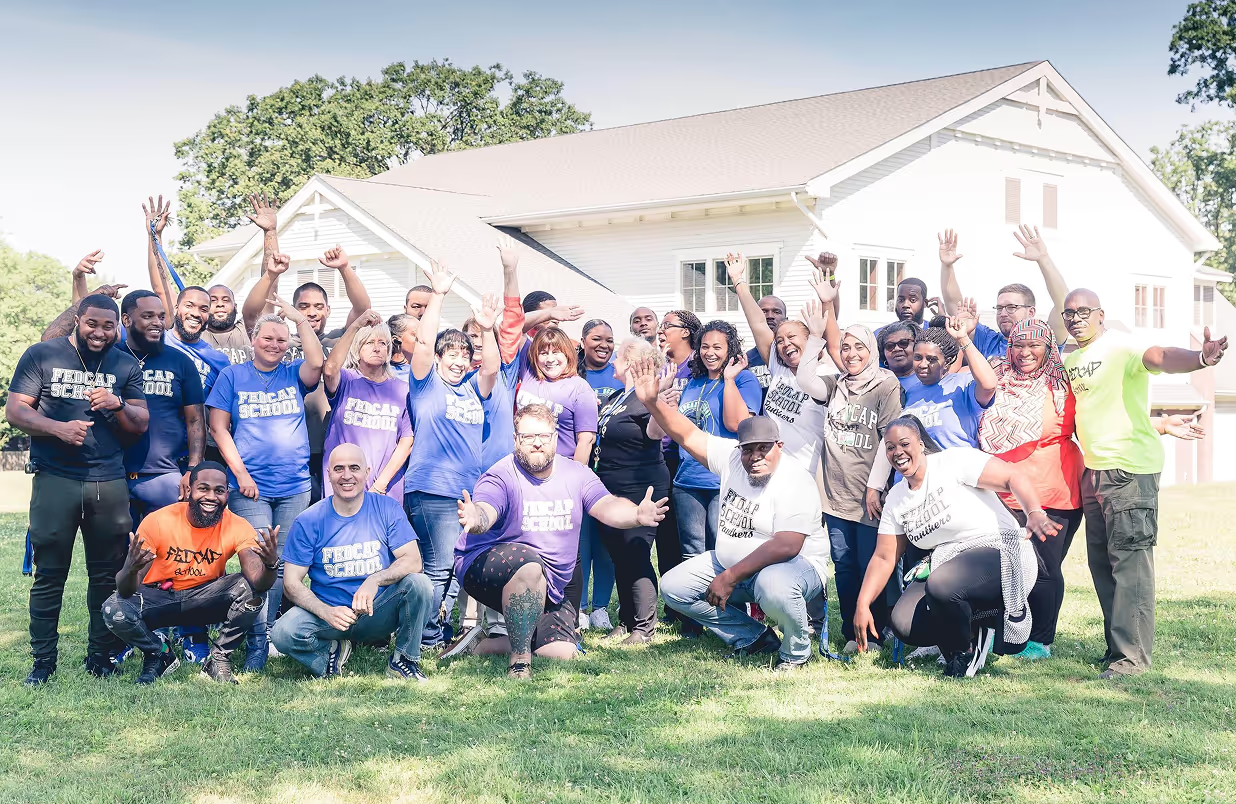

Post Secondary Programs
Our programming prepares individuals for high-demand careers through innovative, workforce-aligned models. This spans Apex’s hands-on skilled trades training, as well as programs such as Digital Skills at Civic Hall, Green Skills at The Verdancy Group, and the Apex Clean Energy Training Center.
.avif)
Expanding education
PrepNOW!™ is a state-of-the-art, web-based platform that equips caregivers with the tools to help youth in foster care prepare for and succeed in college. Through interactive curriculum and guided learning, the program builds a college-going culture at home, empowering young people to pursue higher education and graduate with confidence.
Invest In The Future
Your investment fuels transformative change in communities that need it most. The Fedcap Group offers multiple ways to give, making it easy to support the work you care about.
Support for every step of the way
If you or someone you know is in need of support, The Fedcap Group is here to help! Across our four practice areas, we offer numerous programs, in addition to Peer Recovery Services, that address all barriers to economic well-being.

.avif)
Firstname Lastname
Job title

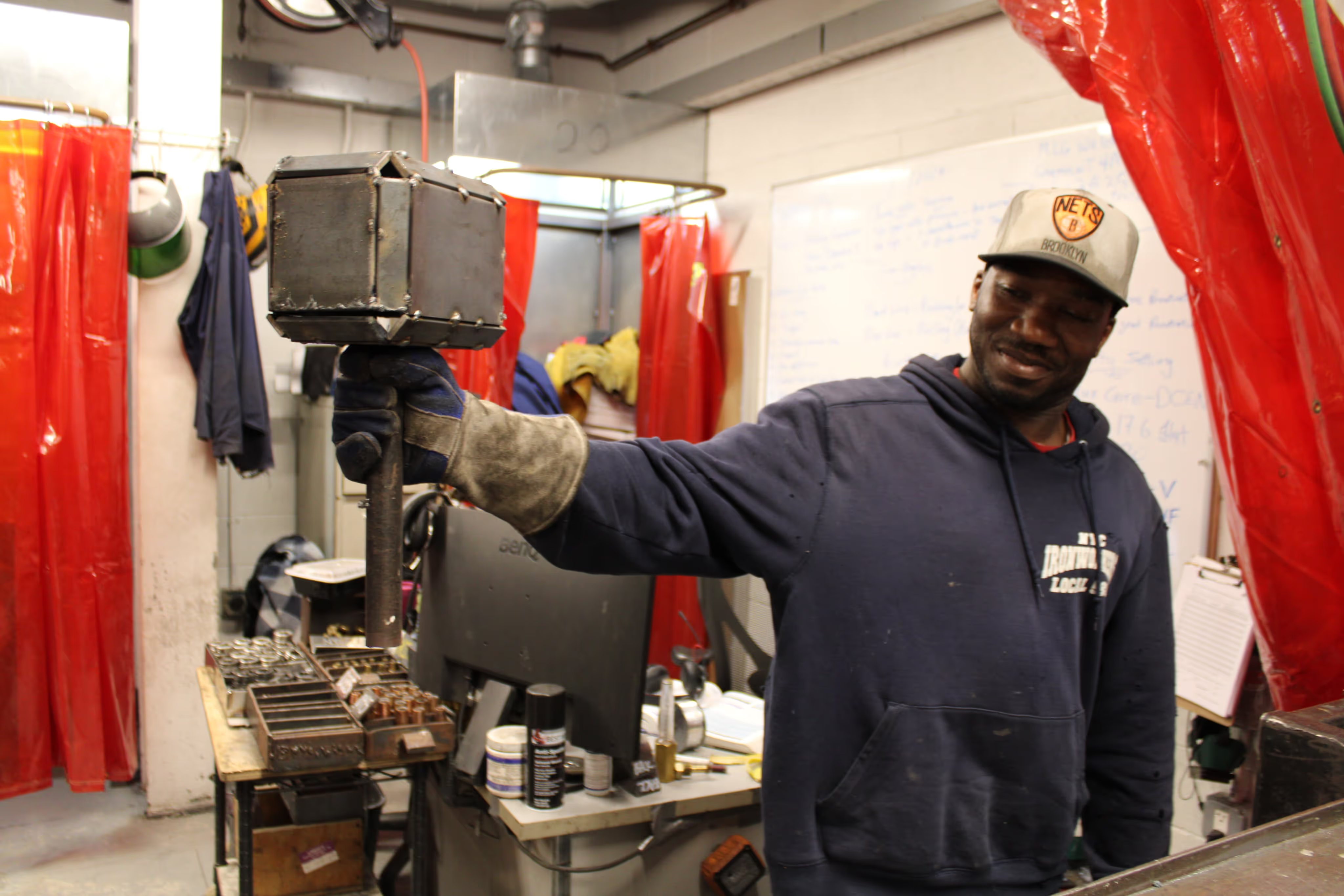
-min.avif)


-min.png)







.png)







%201.png)























-min.avif)
